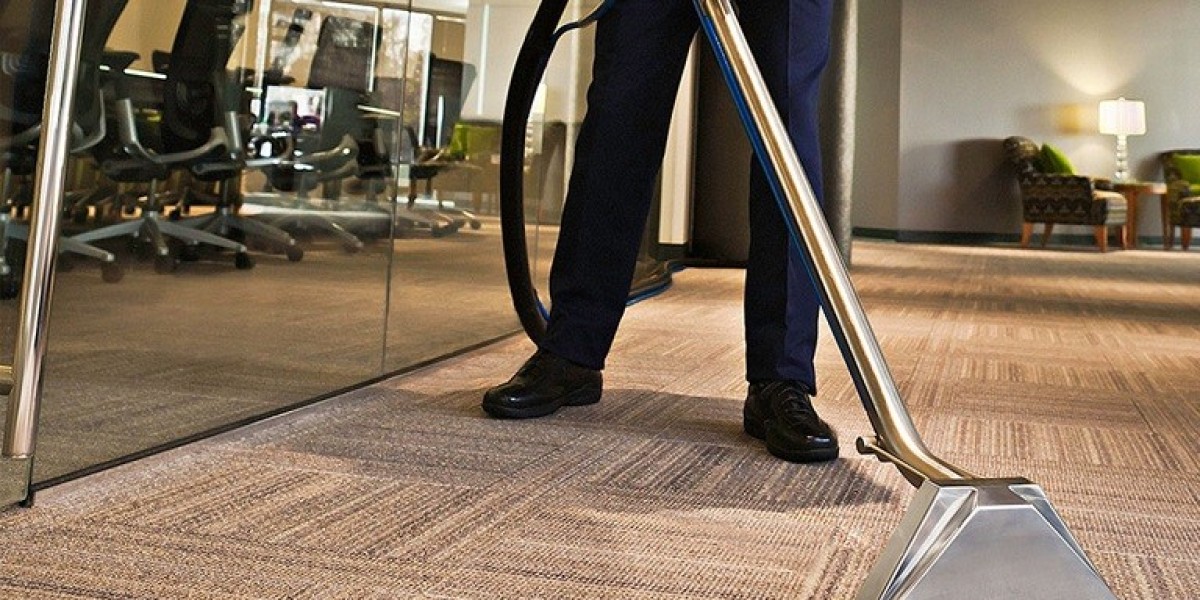Scrap Vehicles: The Ultimate Guide to Disposal, Recycling & Cash for Cars
When vehicles reach the end of their lifespan, they often become a burden for owners. Non-running, accident-damaged, or outdated cars take up space and lose value over time. That’s where scrap vehicles come into play. Scrapping a car not only helps you free up space but also offers financial returns and contributes to eco-friendly recycling.
In this comprehensive guide, we’ll cover everything you need to know about scrap vehicles—from what qualifies as scrap, how to scrap your car, benefits, legal requirements, and frequently asked questions.
What Are Scrap Vehicles?
A scrap vehicle refers to any car, truck, SUV, or van that is no longer roadworthy or worth repairing. These vehicles are typically sold to scrap yards or auto recyclers, where they are dismantled for parts, metals, and safe disposal.
Common reasons vehicles are scrapped include:
Severe accident damage
Mechanical or engine failure beyond repair
Rust or corrosion making the vehicle unsafe
Old age with no resale value
Failing emissions or safety tests
If your car costs more to repair than its actual value, it’s likely a good candidate for scrapping.
How the Scrap Vehicle Process Works
Scrapping a vehicle is a straightforward process, usually involving just a few steps:
Get a Scrap Vehicle Quote
Contact local scrap yards, car removal services, or recycling centers. Many offer instant cash quotes based on your car’s make, model, year, and condition.Arrange Free Towing or Pickup
Most scrap car buyers provide free towing. They’ll come to your location, making the process hassle-free.Provide Ownership Documents
You’ll need to show proof of ownership (vehicle registration, title, or legal documents). This ensures the transaction is legitimate.Get Paid on the Spot
Once the paperwork is complete, you’ll receive cash or an e-transfer for your scrap vehicle.Eco-Friendly Recycling
The scrap yard removes usable parts, drains hazardous fluids, and recycles metals like steel, aluminum, and copper.
Benefits of Scrapping Vehicles
Scrapping your car isn’t just about getting rid of it—it comes with several advantages:
Instant Cash – Get paid the same day you scrap your vehicle.
Free Space – Free up room in your driveway, garage, or parking lot.
Eco-Friendly Disposal – Hazardous fluids are disposed of safely, and metals are recycled.
No Repair Costs – Save money by avoiding costly repairs on an old or damaged car.
Convenience – Most scrap vehicle services handle paperwork and towing for free.
Legal Aspects of Scrapping Vehicles
Before scrapping your car, make sure you follow the legal requirements:
Transfer Ownership – Ensure the scrap yard registers the car as dismantled.
Cancel Insurance – Contact your insurance provider to cancel coverage.
Return License Plates – In many regions, plates must be returned to the DMV or local transport office.
This ensures you’re no longer responsible for the vehicle once it’s scrapped.
Eco-Friendly Recycling of Scrap Vehicles
Scrapping isn’t just good for your wallet—it’s also good for the planet. Over 80% of a car’s material can be recycled.
Metals like steel, copper, and aluminum are reused in construction and manufacturing.
Plastics and rubber are repurposed for other industries.
Fluids like oil, coolant, and fuel are safely disposed of or refined for reuse.
By scrapping vehicles responsibly, you help reduce landfill waste and promote sustainable practices.
How to Get the Best Price for Scrap Vehicles
Not all scrap vehicle buyers offer the same rates. To maximize your payout:
Compare Quotes – Contact multiple scrap yards or car removal companies.
Sell Parts Separately – If you have the skills, removing valuable parts (battery, tires, catalytic converter) can boost profits.
Provide Complete Details – Accurate info about the car’s condition helps you get a fair quote.
Choose Licensed Buyers – Always work with certified recyclers for safe, legal disposal.
Frequently Asked Questions (FAQs)
1. What types of vehicles can be scrapped?
Cars, trucks, SUVs, vans, and even motorcycles can be scrapped if they are non-functional or unwanted.
2. Do I need documents to scrap a vehicle?
Yes. Proof of ownership (title or registration) is usually required.
3. How much money can I get for scrap vehicles?
The payout depends on the make, model, weight, and condition of the car. Heavier vehicles with more metal often fetch higher prices.
4. Can I scrap a car without wheels or engine?
Yes, even incomplete vehicles can be scrapped, though the payout may be lower.
5. Is scrapping vehicles good for the environment?
Absolutely. It reduces waste, recycles metals, and prevents hazardous fluids from polluting the environment.
6. How quickly can I scrap my vehicle?
Most companies offer same-day pickup and payment.
Scrapping a vehicle is the smartest option when your car is beyond repair, unsafe to drive, or no longer valuable. It offers a win-win solution: you get quick cash, free towing, and peace of mind while contributing to environmental sustainability.
Conclusion
Whether you’re dealing with an old junker, a broken-down truck, or a rusted car, working with professional scrap vehicle services ensures a smooth, legal, and profitable process.








